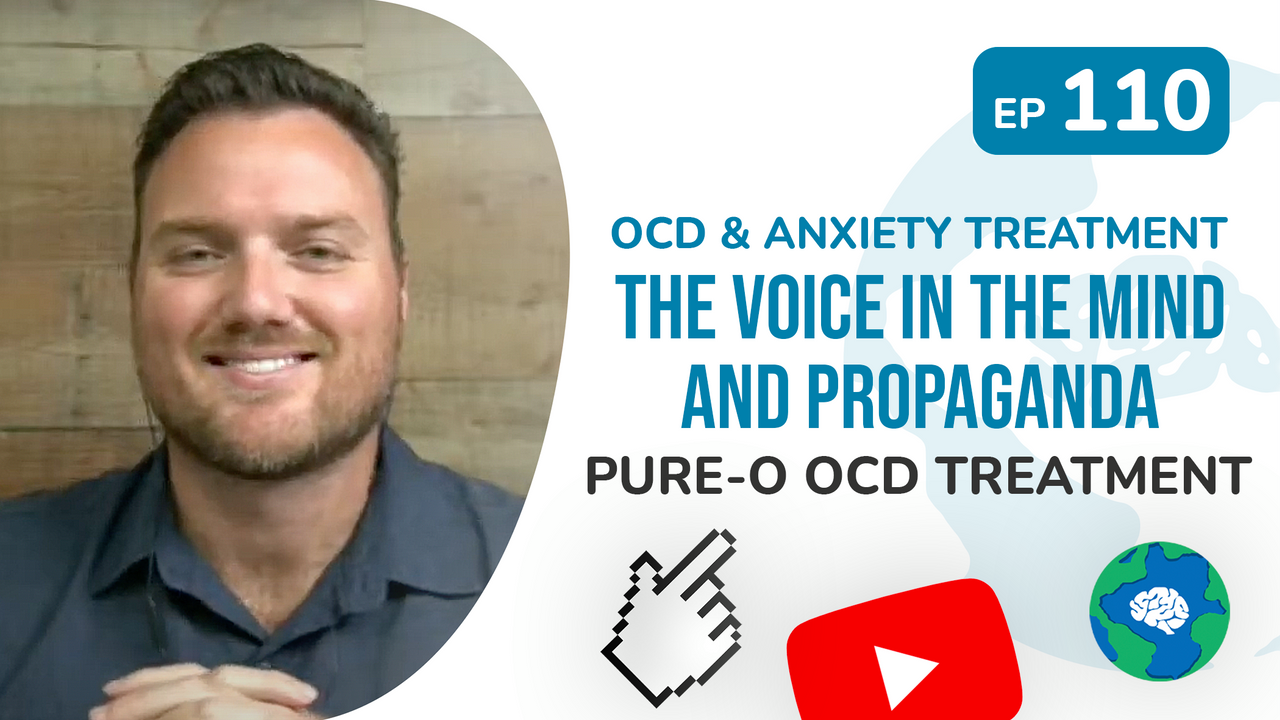OCD & Anxiety Treatment - The Voice in the Mind & Propaganda - Pure O OCD treatment
Sep 03, 2021
The Voice in Your Mind: What Is It?
Many of us experience an incessant voice in our mind that produces distressing thoughts and images. This internal chatter often predicts worrisome future scenarios, causing significant emotional distress. To effectively treat OCD and anxiety, it's essential to understand this voice and how it influences your thoughts and behaviors.
Understanding Propaganda in the Context of OCD
You might wonder, what does propaganda have to do with OCD and anxiety? Well, let's explore this concept deeper.
Definition of Propaganda
According to Wikipedia, propaganda is a form of communication aimed primarily at influencing an audience and furthering an agenda. In the context of OCD and anxiety, the voice in your mind acts like propaganda, aiming to control your thoughts and behaviors.
Influence: The Core of Propaganda
Influence is the ability to direct thoughts and behaviors. The voice in your mind aims to influence you, often leading to either positive or negative actions. Remember, not all influence is bad—it can also lead to beneficial outcomes. However, in the case of OCD and anxiety, this influence often results in negative consequences, reinforcing the cycle of distress.
Separating Yourself from Your Thoughts
One crucial aspect of managing OCD and anxiety is understanding that you are not your thoughts. You are the observer of these thoughts. Michael Singer, in his book "The Untethered Soul," beautifully explains the concept of witness consciousness, emphasizing the importance of separating yourself from the voice in your mind.
The Cycle of OCD and Anxiety
The OCD and anxiety cycle consists of four main components: thoughts, feelings, behaviors, and relief. The voice in your mind produces distressing thoughts, leading to anxious feelings. In response, you might engage in specific behaviors to relieve this anxiety temporarily. However, these behaviors often reinforce the OCD and anxiety cycle, creating a self-perpetuating loop.
Breaking the Cycle
To break this cycle, it's essential to recognize that the voice in your mind is like propaganda—it uses selective facts and emotional triggers to influence your behaviors. When you understand this, you can start responding to these thoughts in a way that aligns with your long-term recovery goals rather than short-term relief.
Practical Steps to Manage OCD and Anxiety
-
Awareness
: Recognize when the voice in your mind is trying to influence you.
-
Separation
: Understand that you are not your thoughts; you are the observer.
-
Healthy Response
: Respond to these thoughts and behaviors in a manner that aligns with your long-term recovery.
Conclusion
Managing OCD and anxiety involves more than just coping with distressing thoughts; it's about understanding the mechanisms behind these thoughts and how they seek to influence you. By viewing the voice in your mind as propaganda, you can better navigate your journey toward recovery.


